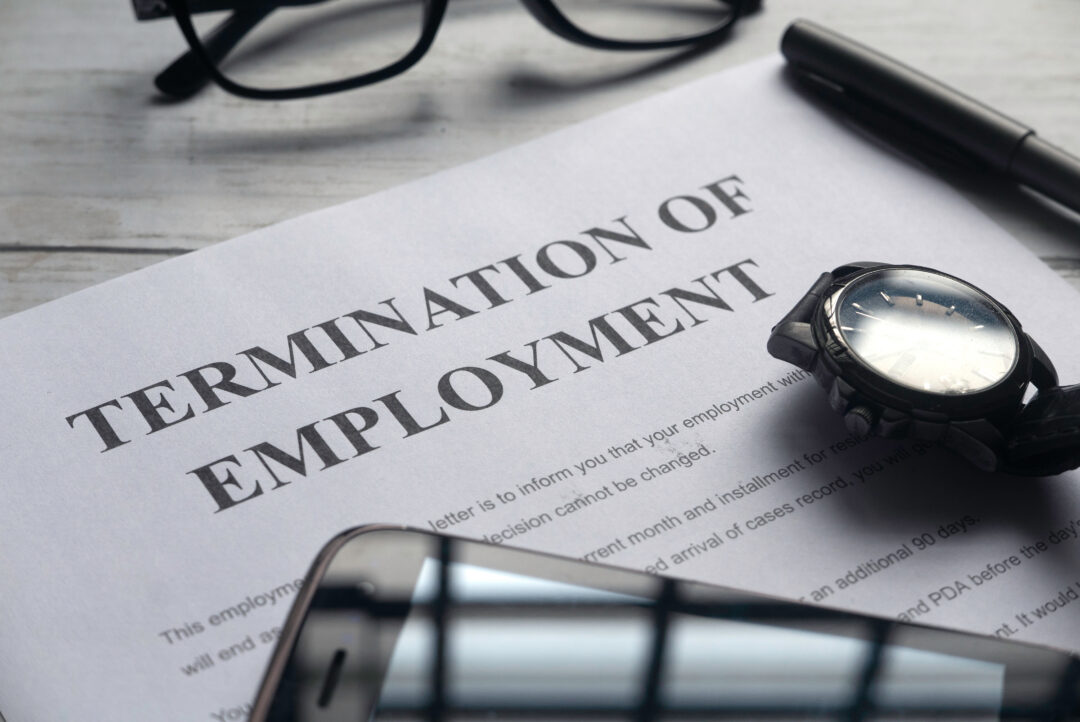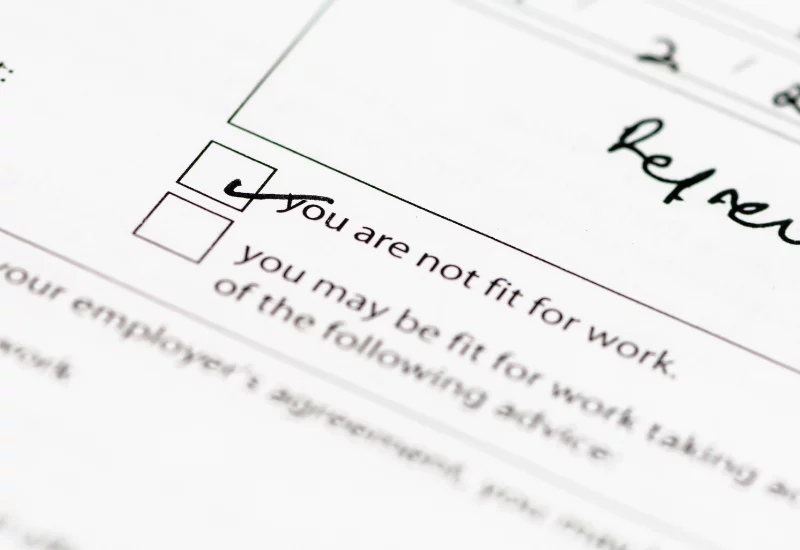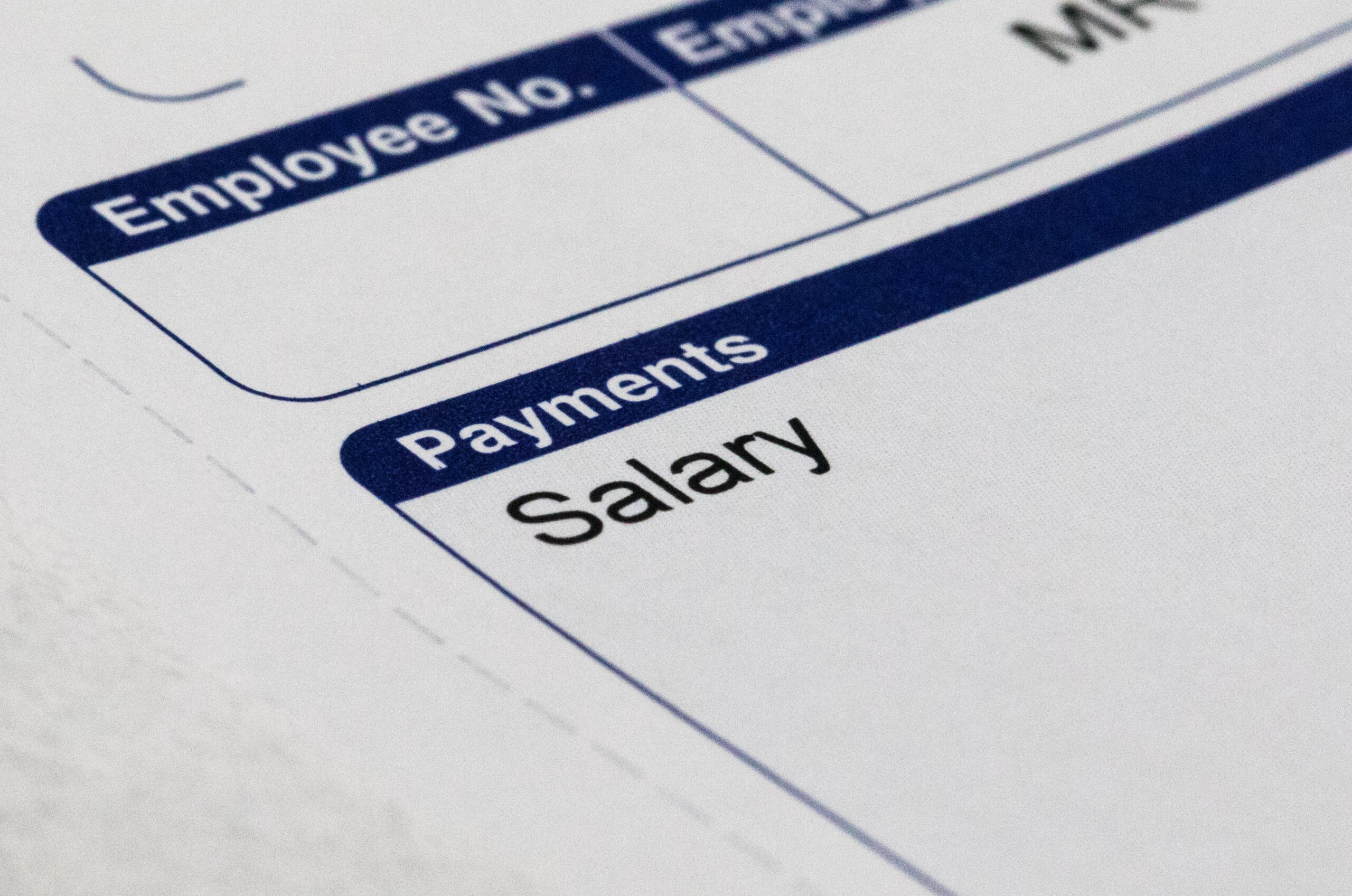Employment Alert – Neonatal Care Leave & Pay: The Details

What’s happening?
The Neonatal Care (Leave and Pay) Act 2023 has been in the works for some time and applies to any child born on or after 6 April 2025. You can read our previous article on it here:
Following Parliament’s approval of the relevant secondary legislation on 20 March 2025, we now have confirmation of the substantive detail behind this new right.
Why is this important?
- The legislation contains many provisions, but below are some of the key elements employers should be aware of regarding this new right:
- Qualifying Period: This may be an area of confusion for employers. Entitlement to statutory neonatal care leave (SNCL) starts the day after a child has been in neonatal care for 7 consecutive days – i.e., SNCL cannot be used in the first week of care (although other family leave may be used during this time). In addition, the 7-day period begins at 00:01am the day after admission (e.g., if admitted at 2pm on Tuesday, the 7-day period starts on Wednesday). Therefore, in practice SNCL cannot begin until the 9th day after admission.
- Eligibility: SNCL and SNCP (statutory neonatal care pay) apply not just to parents (biological or adoptive), but also to step-parents or other parental figures if they have sufficient responsibility for the child’s upbringing.
- Statutory Pay: Eligible employees receive £187.18 per week or 90% of average earnings (whichever is lower) but cannot receive SNCP if also on statutory sick pay. Oddly, whilst only employees qualify for SNCL, some types of workers can nevertheless be eligible for SNCP if they are covered by the Social Security (Categorisation of Earners) Regulations 1978. The key categories of worker who are likely to qualify under this are office cleaners and agency workers.
- Tiered System: There is a slightly complex tier system which was not anticipated when the Act was first introduced.
- Tier 1: The period starting when the child first receives neonatal care and ending 7 days after they stop receiving it (there can be multiple Tier 1 periods if the child is readmitted). Tier 1 leave can be taken in non-consecutive blocks and only requires oral notice to be given before they are due to start work on the first day of leave. . In practice, Tier 1 SNCL will likely only be taken by non-birthing parents (since the birthing parent will likely be on maternity leave).
- Tier 2: Any non-Tier 1 period occurring within the 68 weeks after the birth. Tier 2 leave must be taken in consecutive weekly blocks with employees giving 15 days’ written notice for 1 week’s leave or 28 days’ written notice for two weeks.
- Other Statutory Leave: SNCL can be added to other statutory leave, such as maternity or paternity leave, provided it is taken within 68 weeks of the child’s birth
- Multiple Children: Entitlement to SNCL can be accrued for different children in neonatal care at different times, but only one entitlement applies if multiple children are in care simultaneously.
- Workplace Protection: Employees receive several workplace protections as a result of taking (or seeking to take) SNCL including:
- Protection from detriment or dismissal (which would be automatically unfair);
- The right to return to the same job or suitable alternative on the same terms, save in specified circumstances; and
- The right to be offered a suitable vacancy in redundancy situations during the “Protected Period” (as defined).
- Given the stress neonatal care places on parents, employers should carefully apply policies, considering whether reduced notice might be appropriate in some cases and, depending on the resources of the employer, whether enhanced pay is an option.
What should you do?
Read the Guidance: Just this week, ACAS published guidance on SNCL and SNCP which can be found here. The guidance includes some examples of how the right works in practice which may be helpful for employers.
Stay Tuned: There will undoubtedly be updates to the guidance published in due course and case law may provide further clarification as the right starts to be exercised. We will keep you updated on key developments.
Develop Policies: If you haven’t already, update your policies to include procedures for neonatal care leave. We can assist in developing compliant policies and offer training for your HR and management teams if needed.
Advice: If you require advice or assistance relating to the application of this new law, please contact [email protected] who can put you in touch with one of our specialist employment lawyers.

Disclaimer
This information is intended for general informational purposes only and does not constitute legal advice. We recommend seeking professional advice before taking any action on the information provided. If you would like to discuss your specific circumstances, please feel free to contact us on 0800 2800 421.













